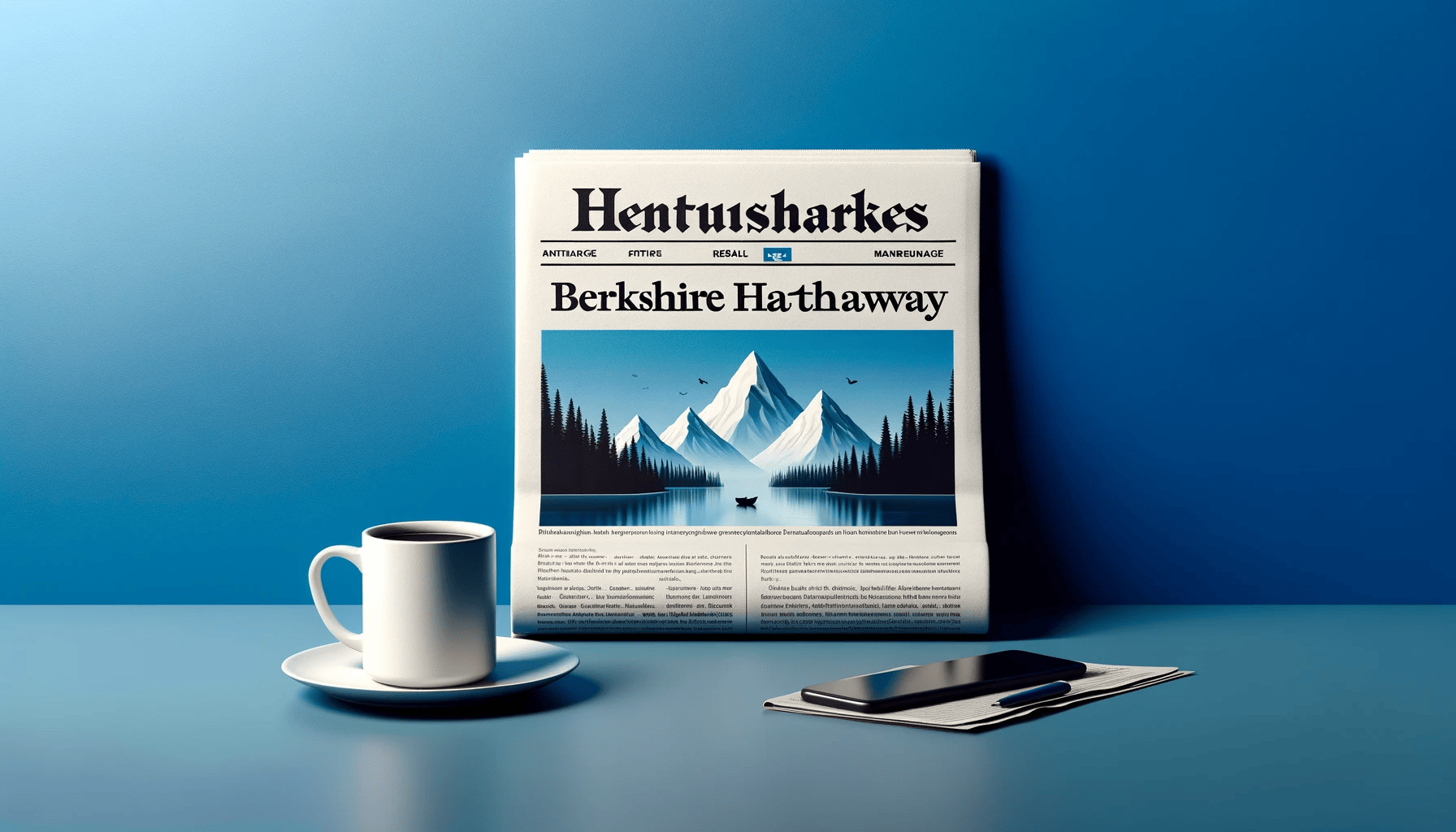
In the dynamic world of finance, the interactions between prominent figures often offer intriguing glimpses into the complexities of wealth management and investment strategy. Recently, Tesla CEO Elon Musk’s astonishment at Warren Buffett’s Berkshire Hathaway amassing a staggering cash pile has sparked curiosity and conversation among investors worldwide. Let’s delve deeper into this intriguing development and its implications for the global financial landscape.
The Astonishing Revelation: Berkshire Hathaway’s Cash Hoard
Elon Musk’s surprise was palpable when Warren Buffett unveiled Berkshire Hathaway’s impressive cash reserves, totaling a staggering $189 billion. This revelation came amidst Berkshire Hathaway’s strategic maneuvers in the investment arena, which included significant stock sales and purchases during the first quarter of 2024. Despite offloading stocks worth $20 billion, the conglomerate’s astute investment decisions resulted in a net inflow of $17.3 billion, catapulting its cash pile to unprecedented levels. Musk, whose own wealth stands at $192 billion, according to the Bloomberg Billionaires Index, couldn’t help but express his astonishment with a simple yet profound “Wow.”
Berkshire Hathaway’s Strategic Moves and Cash Accumulation
The revelation of Berkshire Hathaway’s cash accumulation marks the fourth consecutive quarter of a rising cash pile for the conglomerate. Notable among its investment adjustments is the significant reduction in its holdings of Apple Inc. stock, reflecting a strategic reallocation of assets. While Berkshire Hathaway’s cash reserves soar to new heights, Musk’s suggestion that Buffett should consider investing in Tesla adds an intriguing dimension to the narrative. Against the backdrop of Tesla’s reported negative cash flow of $2.2 billion in Q1 2024, Musk’s proposition underscores the dynamics of wealth management and investment diversification in a rapidly evolving market environment.
The Potential Intersection of Berkshire Hathaway and Tesla
Musk’s proposition for Buffett to invest in Tesla hints at the intersection of two titans in the corporate world, each with its own distinct approach to innovation and value creation. Despite Tesla’s recent stock performance, which has seen a 25% rally since its Q1 2024 earnings call but remains down 27% year-to-date, the company’s disruptive influence in the electric vehicle (EV) market and beyond cannot be understated. Buffett’s prudent investment philosophy, characterized by a long-term outlook and focus on intrinsic value, presents an intriguing juxtaposition with Tesla’s bold vision for the future of transportation and renewable energy.
Navigating Technological Advancements and Market Dynamics
Buffett’s cautious stance on Tesla’s full self-driving (FSD) technology and its potential impact on insurance rates offers insights into the broader implications of technological advancements in the automotive industry. While Buffett refrains from endorsing specific claims regarding Tesla’s FSD capabilities, his acknowledgment of the societal benefits of reducing accidents underscores the importance of innovation in shaping the future of mobility. Against the backdrop of evolving regulatory frameworks and consumer preferences, the convergence of traditional investment wisdom with disruptive technological trends presents both challenges and opportunities for investors and industry stakeholders alike.
Conclusion: Reflections on Wealth, Strategy, and Innovation
As Elon Musk’s reaction to Berkshire Hathaway’s cash pile reverberates across financial markets, it serves as a reminder of the dynamic interplay between wealth, strategy, and innovation in shaping the global economy. From the prudent investment decisions of seasoned investors like Warren Buffett to the audacious vision of trailblazers like Elon Musk, the financial landscape is a tapestry of diverse perspectives and approaches. As investors navigate the complexities of today’s markets, they are called upon to embrace agility, foresight, and a willingness to adapt to change. In this ever-evolving landscape, the fusion of traditional wisdom with cutting-edge innovation holds the key to unlocking new opportunities and driving sustainable growth in the years to come.












